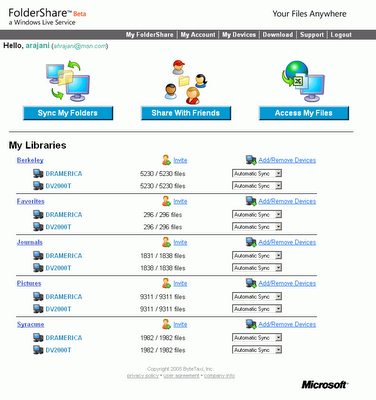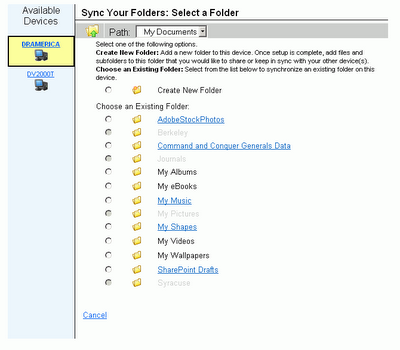I've been flying JetBlue consistently for six years. With leather seats, DirecTV, cheap tickets, and online check ins, JetBlue had fashioned itself as the cool new kid on the block with a slick image in comparison to established fat cats. But these days it seems like JetBlue has put on a few pounds.
I've been flying mostly to NYC, Boston, Oakland, and San Jose. I've noticed that JetBlue's flight prices have not only crept up, but exploded; not only are they on par with most other airlines, they are actually higher in a lot of instances. They've removed a lot of their flights to Boston from the Bay Area and reduced them to the most inconvenient times. Now I understand that gas prices and compliance with federal security regulations might have a lot to do with the price increases, but that doesn't explain JetBlue's gutted rewards program: TrueBlue.
TrueBlue was never the greatest program. Southwest offered better deals, but if you fly JetBlue a lot, it is better than nothing. With every flight you earn some points, and 100 points supposedly gave you a free round trip to any destination. A cross country one way trip gave me 12 points, and a short flight from Boston to JFK gave me 4 points.
I redeemed a flight from San Jose to JFK last summer, and thought it was a half-way decent program.But since then, JetBlue has quietly introduced some changes to its gratitude program. And what do you know? It is virtually impossible to redeem your free flights now because almost every flight to a popular destination or popular time is unavailable.
JetBlue insists that its flights have no blackout dates. I called and e-mailed JetBlue and inquired about the availability of TrueBlue tickets. The first woman I spoke said that information about how many TrueBlue seats are available on each flight is "not available to anybody at JetBlue." The second two representatives that I spoke to insisted that each and every flight has at least two seats open to TrueBlue redemption.
An email from JetBlue says the following: "TrueBlue is different in regards to other airline programs as we do not have blackout dates; however seats may not be available on all flights and some flight dates are better than others. Tuesdays through Thursdays and Saturdays tend to be the best days for securing flights and, of course, booking as far ahead as possible greatly increases the likelihood that you will get your preferred dates and flights as well."
JetBlue's own Terms and Conditions confirm the fact that "Award travel is subject to capacity controls and may not be available on all flights. JetBlue Airways reserves the right to modify, amend or revise the redemption award levels."
Can someone explain to me how not offering any flights to a certain city on a certain day is not a blackout date?
When I try to redeem my free flight in mid-August, early September, early October, mid-November, late-November, or late December--surprise surprise--JetBlue's says the following:
We can't find flights to match your request. This may be because:
The flights are full on the date you selected. Search again?
We're not selling seats yet on the date you selected. Currently, we're selling seats for all destinations through January 08, 2007. Please check back again soon for flights after that date.
You've selected a city we don't serve yet.
Absolute shite.
Is the flight full? Well, try to search for the same flight without entering in your TrueBlue information. And guess what, if you want to pay full price, those same seats are magically available.
JetBlue isn't selling seats on the day I selected? Sure you are, see above.
I've selected a city JetBlue doesn't serve? Last I checked, JFK was your hub city.
I think JetBlue forgot to mention the real reason why no flights show up: "We are throttling back on our free flights. We've decided to not allow you to redeem your rewards on any good flights that we choose and limit them so that you have to pay full price on all of our best flights. Oh and by the way, even though we black out particular flights and particiular days -- we're not going to call that blackout dates."
So what do we have here? We have a major airline running a program that blacks out dates and says they aren't. There is simply no accountability; nobody can tell how much JetBlue is throttling back on flights, or how many flights are actually available, or how many were actually redeemed.
Evil empire? Not necessarily. Officially one of the fat cats? Indeed.
 Google Suggest Beta is a search tool I have mentioned before on this blog. It is a replacement for your standard Google homepage, the only difference being that as you type your search terms, Google provides a real-time list of suggestions along with a result total for each listing.
Google Suggest Beta is a search tool I have mentioned before on this blog. It is a replacement for your standard Google homepage, the only difference being that as you type your search terms, Google provides a real-time list of suggestions along with a result total for each listing. 













